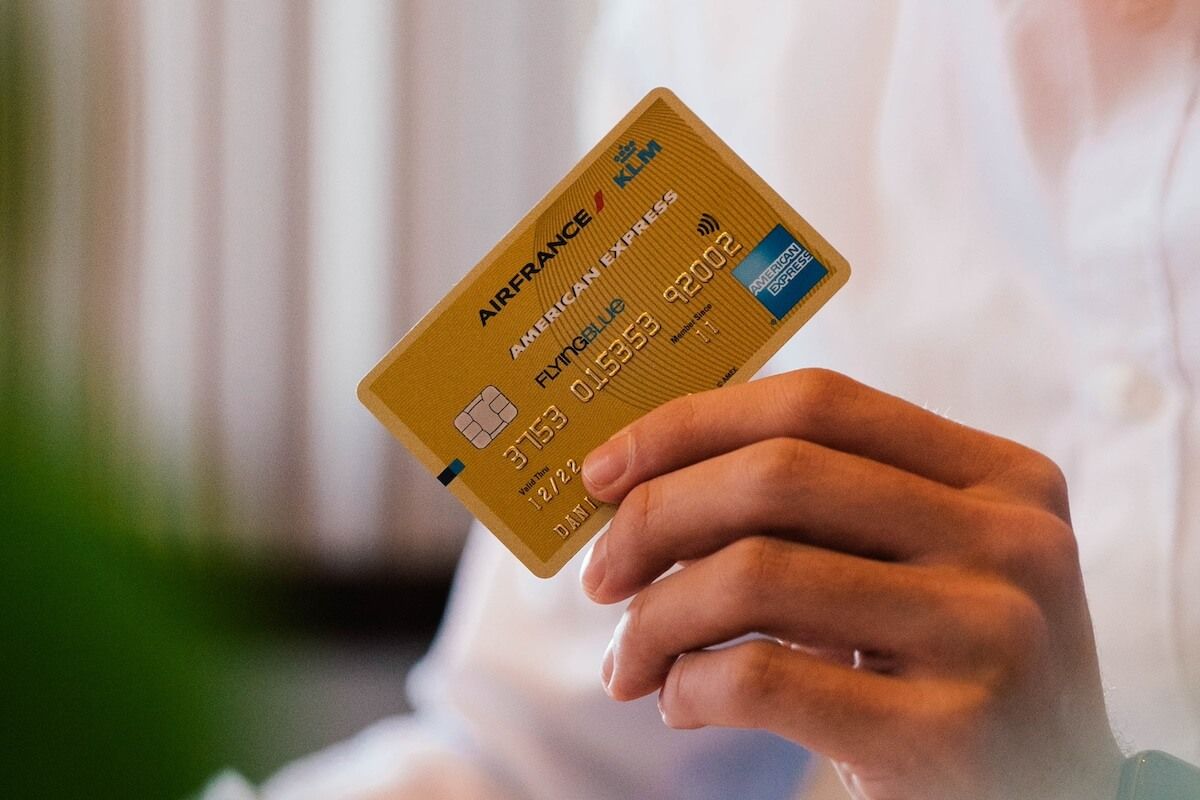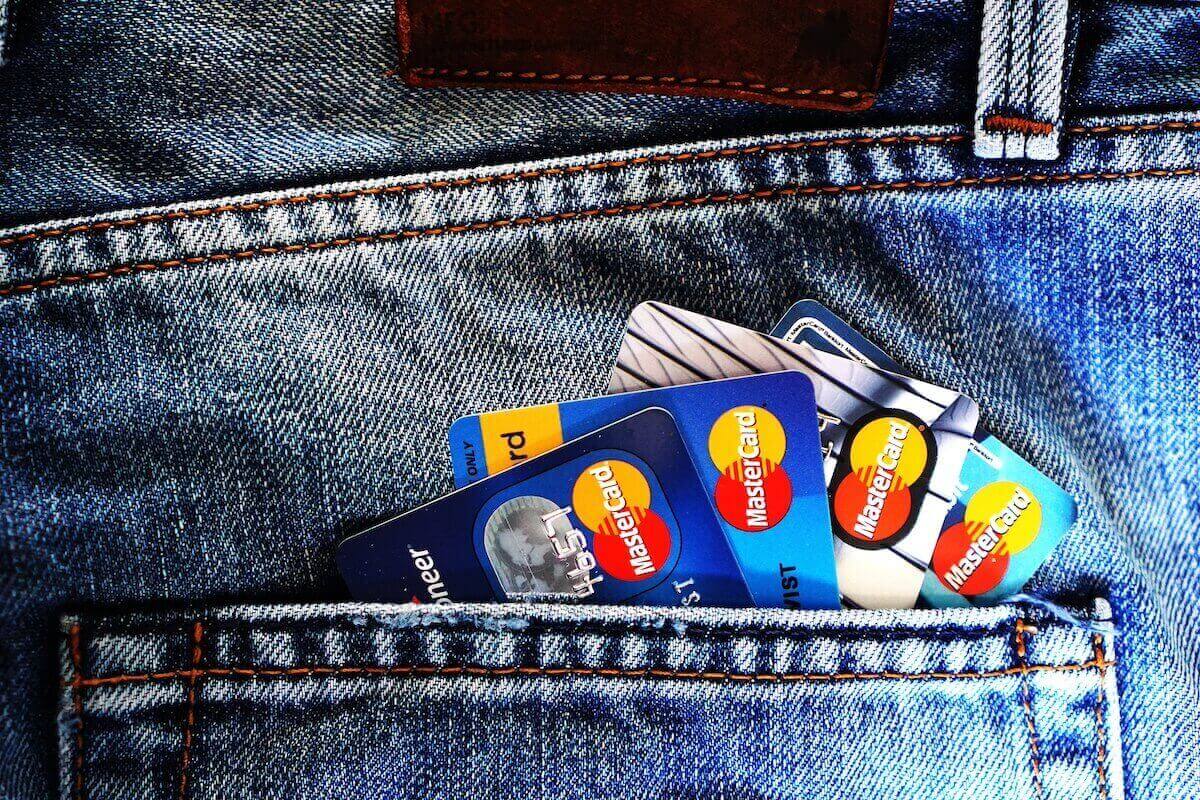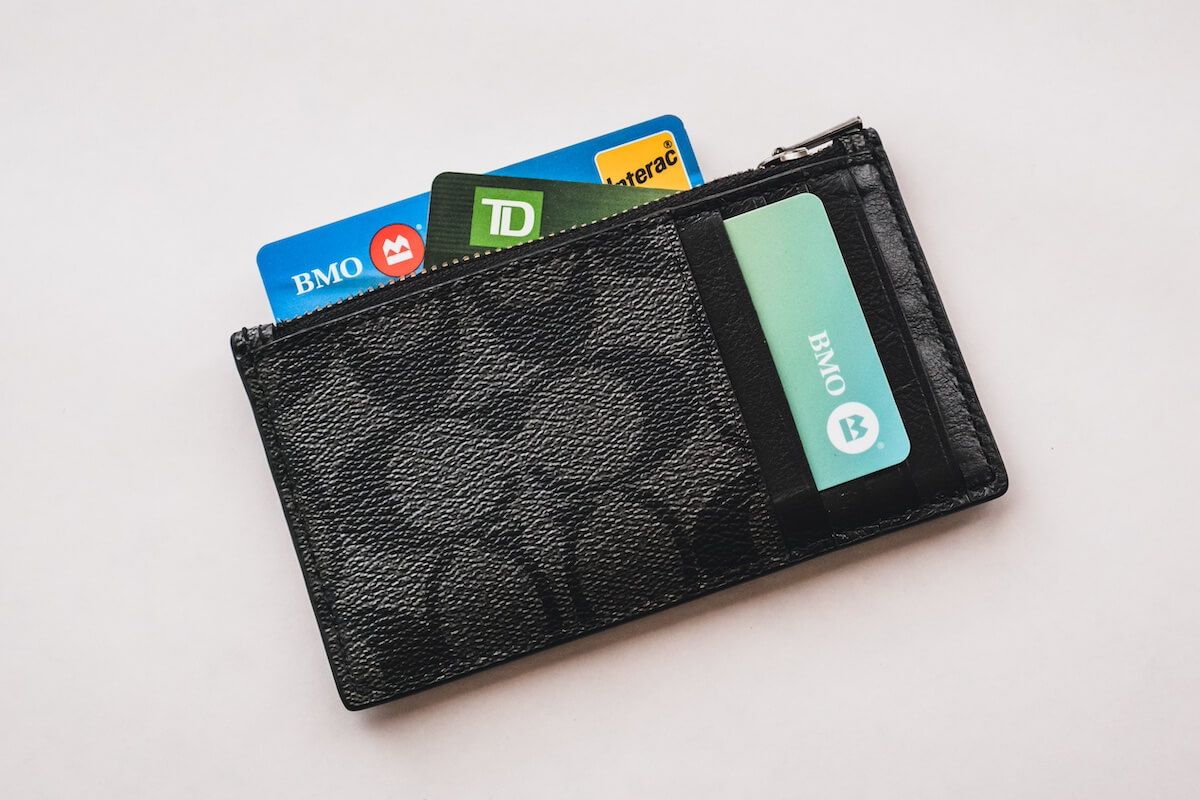Advertiser Disclosure
Last update: January 9, 2024
6 minutes read
How to Use a Credit Card Responsibly: 4 Easy Tips You Need to Know
Learn smart credit card management with our tips, designed to help you maintain a healthy financial future. Discover how to improve your financial well-being by using credit cards wisely.

By Brian Flaherty, B.A. Economics
Edited by Rachel Lauren, B.A. in Business and Political Economy
Learn more about our editorial standards


As the saying goes, "With great power comes great responsibility." This philosophy doesn't only apply to superheroes but also to managing a credit card. With a little knowledge and discipline, you can master the art of credit card usage, improving your financial health and earning some amazing benefits along the way.

Key takeaways
- Credit cards can help build your credit history if used responsibly
- High-interest rates on credit cards can lead to debt if not managed well
- Responsible credit card usage involves paying balances in full each month, not overspending, and tracking your purchases
What are credit cards?
A credit card is a physical card you get from a bank or other financial institution which you can use to buy just about anything. When you use it, you're actually borrowing money from the bank. Each month, the bank tells you how much money you owe them for what you bought.
Every month, you receive a statement outlining your transactions, total balance, and the minimum payment due. If you don't pay off your balance in full each month, interest is charged on the outstanding amount.
How to properly use a credit card?
Managing your credit card usage is actually pretty simple. You'll need to spend wisely, stick to what you can afford, and always pay off your balance in full and on time. Below are some tips to help you manage your credit card usage responsibly.
1. Stick to a budget
First off, let's address why sticking to a budget is crucial when it comes to credit card use. A well-planned budget is your roadmap to financial success. Without it, you might find yourself overspending, accruing debt, and hurting your credit score. Now, that's something we definitely don't want, right?
For a college student, a budget is even more crucial. Tuition, books, rent—the expenses just keep on coming! Having a budget will help you stay on top of these costs, ensuring you can focus on your studies without worrying about mounting debt.
Here's how a budget can help you:
- Keeps you in control: You'll know exactly where your money's going. No more scratching your head wondering where all your cash disappeared to at the end of the month.
- Helps you save: When you're aware of your expenses, you'll find it easier to put aside some money for your future. Yes, that means you'll be able to afford that spring break trip without breaking the bank!
- Prevents debt: By keeping your spending in check, a budget ensures you don't spend more than you can afford. This means you'll avoid accumulating credit card debt.
TuitionHero tip
Remember, using a credit card responsibly in college helps you form good credit habits and establish a positive credit history. This can make it easier to become financially independent sooner.
2. Always pay your balance in full
Moving on to our second point — always pay your credit card balance in full. This might sound like common sense, but trust me; it's easier said than done. However, it's absolutely necessary.
When you pay your balance in full, you avoid interest charges. And trust me, these charges can add up faster than you'd think. Plus, you'll maintain a healthy credit score, which will be handy when you need to take out a loan in the future. In short, paying your balance in full keeps your financial health in top-notch condition.
And, for our college students out there, let me make it clear — high credit card balances mean more debt and less money for college expenses. So, to keep your college finances in check, always pay off your balance in full. It's a simple habit that'll pay off in the long run.
3. Use your credit cards for the right reasons
Heading onto our third main point — the importance of using credit cards for the right reasons. Now, this might sound simple, but it's a point that's often overlooked. Credit cards are powerful financial tools, not tickets to a shopping spree. Credit cards are tools, not toys.
Legitimate reasons to use your credit card
Here are some legitimate reasons to use your credit card:
- Building credit score: Regular and responsible use of a credit card can help build a positive credit history, which is crucial when applying for loans or mortgages.
- Track spending: Credit cards can help track spending, providing a record of purchases, which can be helpful for budgeting purposes.
- Consumer protection: Credit cards often offer protection against fraudulent charges and may offer extended warranties or insurance for purchases.
- Emergency funding: This should be an absolute last-ditch measure, but in unexpected situations, a credit card can provide a temporary source of funds.
For our college students, it's essential to note that using a credit card wisely can help you set a strong financial foundation. This way, you'll not only manage your college expenses better but also prepare for your financial future post-graduation.
Now, to summarize these points, let's look at a table of dos and don'ts when it comes to credit card use:
Do
Use your credit card to build credit
Pay off your balance in full each month
Keep track of your spending with a budget
Use secure networks for online purchases
Don't
Don't use your card for unnecessary stuff
Don't ignore your credit card statements
Don't ignore your credit card statements
Don't share your credit card information
Remember, as a credit card user, you have the power to build a secure financial future. Make sure you're using that power wisely!
4. Avoid credit card fraud
Our fourth point revolves around a crucial issue — credit card fraud. It's a real and present danger, but with a bit of knowledge, you can protect yourself. Your credit card's a vault, keep it locked! Credit card fraud can seriously derail your financial plans. So, take these steps seriously to keep your hard-earned college funds secure.
Frequently asked questions (FAQ)
To build credit effectively, always pay your bills on time and try to keep your credit utilization ratio low. Regular, responsible usage is key to building a good credit score.
The ideal number of credit cards depends on your personal financial situation and ability to manage them responsibly. While having multiple cards can be beneficial for credit building and rewards, it's important to manage them well to avoid high debt and negative impacts on your credit score.
Always read the terms and conditions of your credit card agreement. Common hidden fees can include annual fees, late payment fees, cash advance fees, and foreign transaction fees. Understanding these fees can help you use your card more effectively and avoid unnecessary charges.
Final thoughts
In conclusion, credit cards are a double-edged sword, offering both opportunities and risks. Proper use involves understanding their function as a loan tool and leveraging them to improve your financial health through responsible spending, sticking to a budget, full monthly repayments, and using them for beneficial reasons like building credit and emergency funding.
Sources
Author

Brian Flaherty
Brian is a graduate of the University of Virginia where he earned a B.A. in Economics. After graduation, Brian spent four years working working at a wealth management firm advising high-net-worth investors and institutions. During his time there, he passed the rigorous Series 65 exam and rose to a high-level strategy position.
Editor

Rachel Lauren
Rachel Lauren is the co-founder and COO of Debbie, a tech startup that offers an app to help people pay off their credit card debt for good through rewards and behavioral psychology. She was previously a venture capital investor at BDMI, as well as an equity research analyst at Credit Suisse.
At TuitionHero, we're not just passionate about our work - we take immense pride in it. Our dedicated team of writers diligently follows strict editorial standards, ensuring that every piece of content we publish is accurate, current, and highly valuable. We don't just strive for quality; we aim for excellence.
Related posts
While you're at it, here are some other college finance-related blog posts you might be interested in.
Shop and compare student financing options - 100% free!

Always free, always fast
TuitionHero is 100% free to use. Here, you can instantly view and compare multiple top lenders side-by-side.

Won’t affect credit score
Don’t worry – checking your rates with TuitionHero never impacts your credit score!

Safe and secure
We take your information's security seriously. We apply industry best practices to ensure your data is safe.
Finished scrolling? Start saving & find your private student loan rate today





